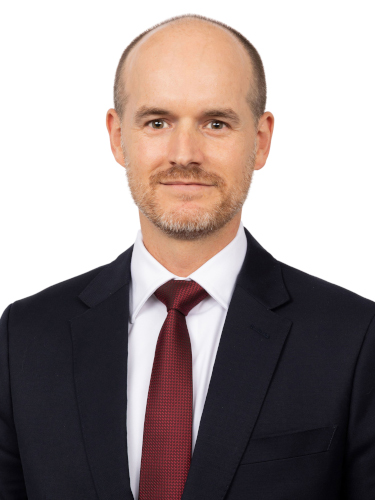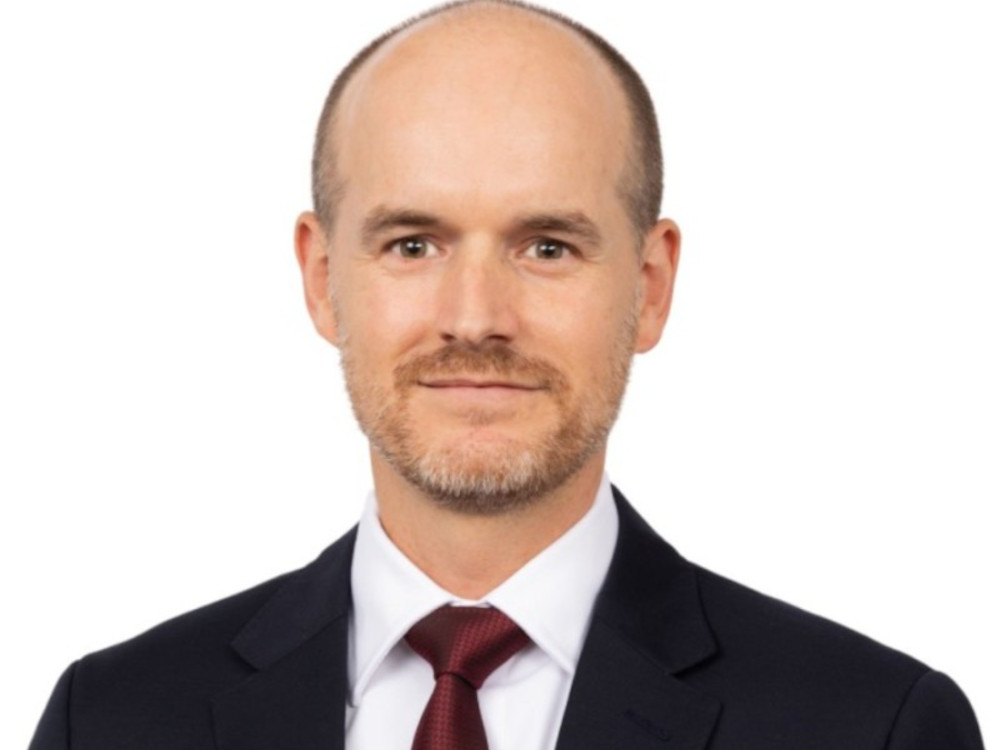On any given day, I typically write about where investors can find value and opportunity in the equity and fixed-income markets. But a recent conversation with a family office shifted my focus to a different type of risk management.
Instead of discussing stocks and bonds, we explored their decision to engage a “risk and security team”—an elite group of intelligence, security and risk management professionals working discreetly to mitigate threats and solve critical challenges facing family offices today.

While “unprecedented” defined the early 2020s, 2025 feels increasingly “unpredictable and complex.” From tariffs and geopolitical instability to local protests, home invasions and cybercrime, the operating environment for businesses and families has fundamentally changed. The risks of being online—whether from misinformation, cyberattacks or reputational threats—are greater than ever.
A friend at the family office noted that they previously spent 10 to 15 per cent of their time managing risk, compliance and security matters. A 2024 Deloitte study on the global Family Office Landscape found that family offices around the world spend 19 per cent of their time on administration and compliance, with North American offices averaging as high as 27 per cent.
Family offices and wealth managers focus on growing and protecting wealth for future generations, but they are not experts in risk and security. In times of crisis, wealthy families often rely on a fragmented network of service providers, a decentralized approach that can be costly and inefficient. In discussions with families utilizing organized, specialized services, the consensus is clear: a comprehensive, integrated approach to risk management is more essential than ever.
Initially, I imagined risk and security teams as real-life versions of Michael Clayton or Olivia Pope—fixers. In reality, their role is broader and more strategic, providing embedded risk management solutions that cover digital and reputational assurance, safety and security, and best-in-class corporate and personal security practices tailored to family offices and their principals.
One family office described their risk and security team as a “one-stop solution” for all security matters. Often working on retainer, they provide direct services while acting as a central point of contact, offering strategic counsel and managing relationships with security and risk service providers.
This holistic approach, known as “security convergence,” integrates cybersecurity, physical security and intelligence to enhance resilience and threat preparedness.
Who are these professionals? I reached out to the company and found that they are not a secretive organization but rather operate discreetly, serving an exclusive clientele without advertising or a public-facing presence.
Is this service only for the ultra-wealthy? Surprisingly, no. Like a fractional CFO, their offering scales to fit a family office’s needs.
When we met in Toronto, I half-expected a covert operation. Instead, I found a structured, highly capable team modeled after successful European firms serving generational wealth. They consist of experienced executives with backgrounds in corporate crisis management, intelligence and security, working alongside elite operators and advisors from intelligence agencies, military special forces and law enforcement in North America and abroad.
Beyond security, these teams function as private intelligence units, providing insights that enhance investment decisions, contract negotiations and asset allocation strategies. Imagine having a detailed psychological profile of the person sitting across from you in a negotiation, or an integrity due diligence team on standby for any business deal. Their expertise extends to cyber and physical security audits, family safety training, and even guiding teenagers on secure digital practices to avoid putting themselves and their families at risk.
Perhaps most importantly, they offer an invaluable resource in times of crisis, whether responding to a security threat, a medical emergency while traveling, or a fraud or cyberattack. Their experience allows them to swiftly and discreetly untangle even the most complex situations. Their presence is reassuring, their discretion absolute, and their problem-solving ability unmatched compared to an unorganized, ad hoc approach.
Over drinks, they shared stories from their past roles—rescuing a child from a dangerous situation at the U.S.-Mexico border, navigating a high-stakes corporate crisis, preventing a major security breach, and even managing the actions of an out-of-control family member. But ask them about their clients, and they remain silent. Like the business I operate in, this, too, is a trust business—one that demands the highest level of client confidentiality.
Is this service only for the ultra-wealthy? Surprisingly, no. Like a fractional CFO, their offering scales to fit a family office’s needs, starting small and expanding as requirements grow. Unlike a CFO, however, where you gain one person’s expertise, here you access a deep bench of specialists with diverse skill sets.
This exploration led me to a clear conclusion: In today’s world, where risks are more complex and interconnected than ever, having a dedicated, expert-driven risk and security team isn’t just an advantage—it’s a necessity for high-net-worth individuals and family offices of all sizes.
Liam Card is Co-President at Lorne Steinberg Wealth Management in Toronto. Lorne Steinberg Wealth Management is a private, investment counsel firm based in Toronto and Montreal, servicing clients across Canada and the United States. The firm focuses on Global Equities, Canadian Equities, High Yield bonds, and Investment Grade fixed income.
The Canadian Family Offices newsletter comes out on Sundays and Wednesdays. If you are interested in stories about Canadian enterprising families, family offices and the professionals who work with them, but like your content aggregated, you can sign up for our free newsletter here.
Please visit here to see information about our standards of journalistic excellence.




